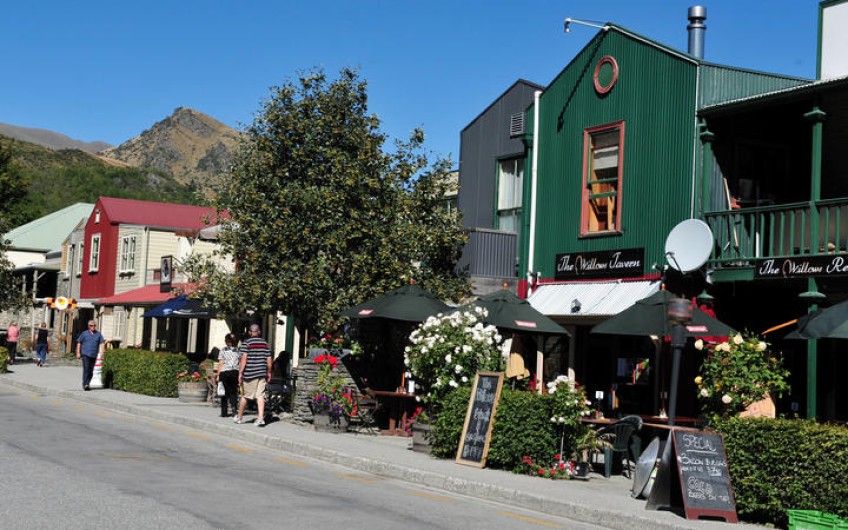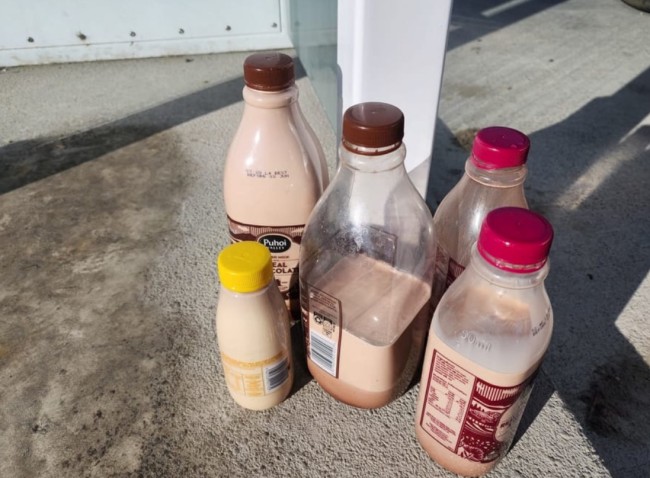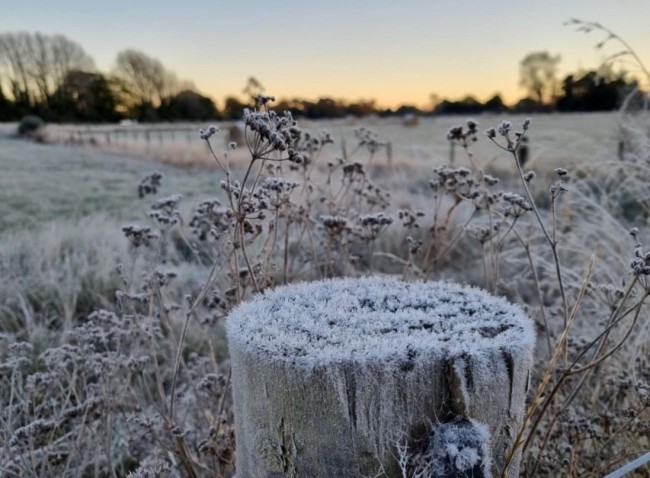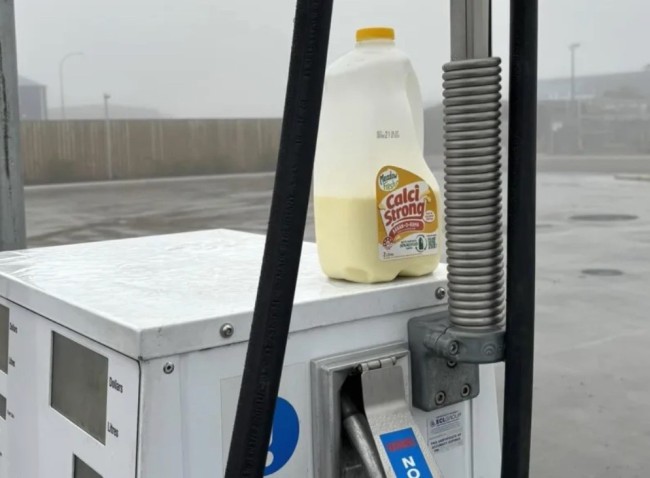
Arrowtown the focus of intensive air quality study
Air quality sensors have been set up every 100 metres in Arrowtown, in what is believed to be the world's densest air monitoring network.
Arrowtown's calm conditions stop smoke dispersing, an expert says. Photo: 123RF
From today, residents will be able to see detailed data about smoke movement across their town, where the density of airborne particles can reach six times the national standard.
It is part of a Niwa project launched by air quality scientist Dr Ian Longley. It began with 22 sensors in June last year, grew to 48 sensors in September, and will have 70 sensors by the end of this winter.
He said the data pointed to home heating appliances like wood burners as the main cause of pollution, along with calm conditions that stop smoke dispersing.
With more sensors placed indoors and outdoors, he hoped it will be possible to zoom in on the impact of different types of home heating systems.
"As we head into the coldest part of winter we'll be looking at those results. We're hoping to find that the air quality this year will be slightly better than last, because we do know there was quite a pickup in applications for subsidies for clean heat interventions last year," he said.
"There were grants available for clean heatpumps and insulation, and there was a bit of a surge in interest for Arrowtown."
Dr Longley said it would also show the most effective way to measure air quality, so the same type of research could be carried out elsewhere.
It's hoped clean heat initiatives will improve air quality this winter. Photo: 123RF
Invercargill and Masterton are set to get their own air quality monitoring networks later this year, while the sensors in Arrowtown will be sent to locations in the northern hemisphere in September, including a Niwa partner project in the Rocky Mountains.
"In New Zealand, we're pretty much ahead of the game internationally in this space. There are various other cities that have invested in air quality networks but nobody else is deploying them in small towns the way we are. So it's a real area where we've found a little niche, where New Zealand science can be at the forefront globally."
That science is more relevant than ever, as scientists try to establish the link between Covid-19 and air quality.
"What Covid-19 has shown is that people who suffered worse outcomes and were more likely to die, particularly in places like Northern Italy - there seems to be a link between that risk and their history of air pollution... and also this year with the lockdown we have more people spending more time in their homes than normal, which means they might be heating their homes more than normal," he said.
"And one of the things that the Covid-19 lockdown has made us all conscious of is the risk that the air poses to us and our desire for our homes to be a safe haven. Generally, if you're indoors you have some protection from outdoor air but not as much as you'd think.
"So last year in Arrowtown we installed sensors not only in the streets but in people's homes as well... finding a lot of that smoke that was outside was getting inside."
Niwa is still looking for more Arrowtown households to host indoor air quality monitors for two to three weeks at a time, to help build a better understanding of how indoor air varies between homes.
Priority will be given to those who have recently, or are planning to install a new heater, ventilation system or air cleaner, and are willing to be involved in an experiment to assess their effectiveness.

























